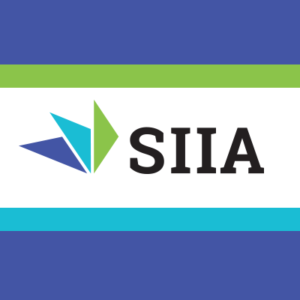 Last week, the USTR-led inter-agency Trade Policy Staff Committee (TPSC) held a hearing on China’s compliance with WTO obligations, to inform its upcoming report to Congress on the matter. Comments submitted by Carl Schonander of the Software & Information Industry Association incorrectly claim Chinese patent law contains compulsory licensing provisions that do not comply with the TRIPS Agreement because compulsory licenses are intended for use in “national emergencies or other circumstances of extreme urgency.” Similar misreadings TRIPS Article 31 have come up (and been put down) in the IP and access to medicines debate, but this is the first time I’ve seen it regarding software.
Last week, the USTR-led inter-agency Trade Policy Staff Committee (TPSC) held a hearing on China’s compliance with WTO obligations, to inform its upcoming report to Congress on the matter. Comments submitted by Carl Schonander of the Software & Information Industry Association incorrectly claim Chinese patent law contains compulsory licensing provisions that do not comply with the TRIPS Agreement because compulsory licenses are intended for use in “national emergencies or other circumstances of extreme urgency.” Similar misreadings TRIPS Article 31 have come up (and been put down) in the IP and access to medicines debate, but this is the first time I’ve seen it regarding software.
Here is the quote from page 15 of the comments
“Some of the existing provisions in Chapter 6 of China’s Patent Law do not comply with all compulsory licensing restrictions in Article 31 of TRIPS. For instance, Article 49 of the law permits compulsory licensing when it is in the ‘public interest’ without defining those words. The substantive grounds referred to in TRIPS Article 31 which governs compulsory licensing are very narrow; they include ‘national emergencies or other circumstances of extreme urgency,’ but not the general ‘public interest’ recited in Article 49. In China, “public interest” might be defined very broadly.”
Actually, TRIPS Article 31 does not contain a “very narrow” set of grounds under which compulsory licensing is permissible. Compulsory licenses can be issued for any set of grounds set by the government, but TRIPS Article 31 requires certain procedural grounds to be followed. These include prior negotiation with the patent holder and the payment of “adequate remuneration.” Art 31(b) contains the phrase “national emergencies or other circumstances of extreme urgency” to indicate that when a government issues a compulsory license for such reasons, the government or licensee does not have to first seek a voluntary license, as would normally be the case.
The argument that compulsory licensing is only meant to be used in emergency situations used to be commonly made in the debate over licensing for medicines. The World Trade Organization has addressed the issue in its Q&A document “Compulsory licensing of pharmaceuticals and TRIPS“. It clearly states that the TRIPS Agreement is not something to be used only in emergencies:
“Q: Does there have to be an emergency?
“A: Not necessarily. This is a common misunderstanding. The TRIPS Agreement does not specifically list the reasons that might be used to justify compulsory licensing. However, the Doha Declaration on TRIPS and Public Health confirms that countries are free to determine the grounds for granting compulsory licences.”
For more on the TPSC hearing and prepared comments, see “Business Groups Raise New, Old Complaints At Interagency China Hearing,” Inside U.S. Trade, October 5, 2016.




